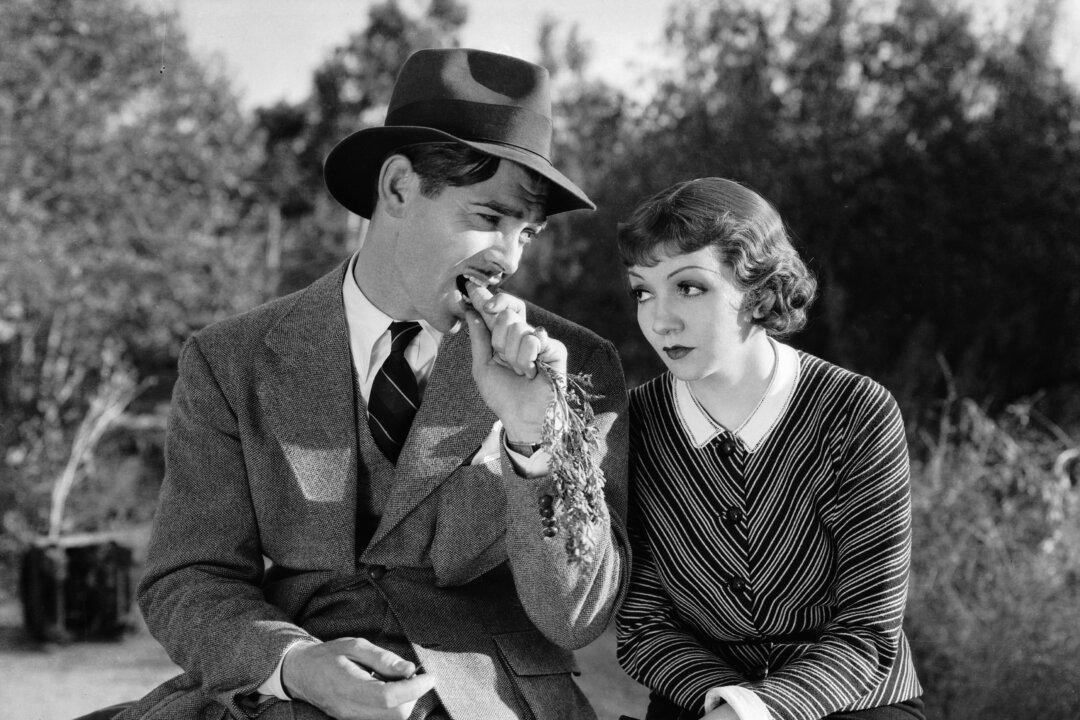Opposites attract is a common expression, and its truth is the basis of traditional romance and marriage. The unlikely bond which forms between two very different people is the starting point for many stories. For instance, the “prince(ss) and the pauper” theme is an interesting take on the idea of sweethearts from opposite sides of the tracks.
Two movies based on this theme are “It Happened One Night” from 1934 and its remake, “You Can’t Run Away from It” from 1956. The earlier movie is an Academy Award-winning screwball comedy, while the second is a playful musical. Both are charming movies that will please people with different tastes. Comparing these two films makes for an interesting study because they were released on either side of the Breen Production Code era.






